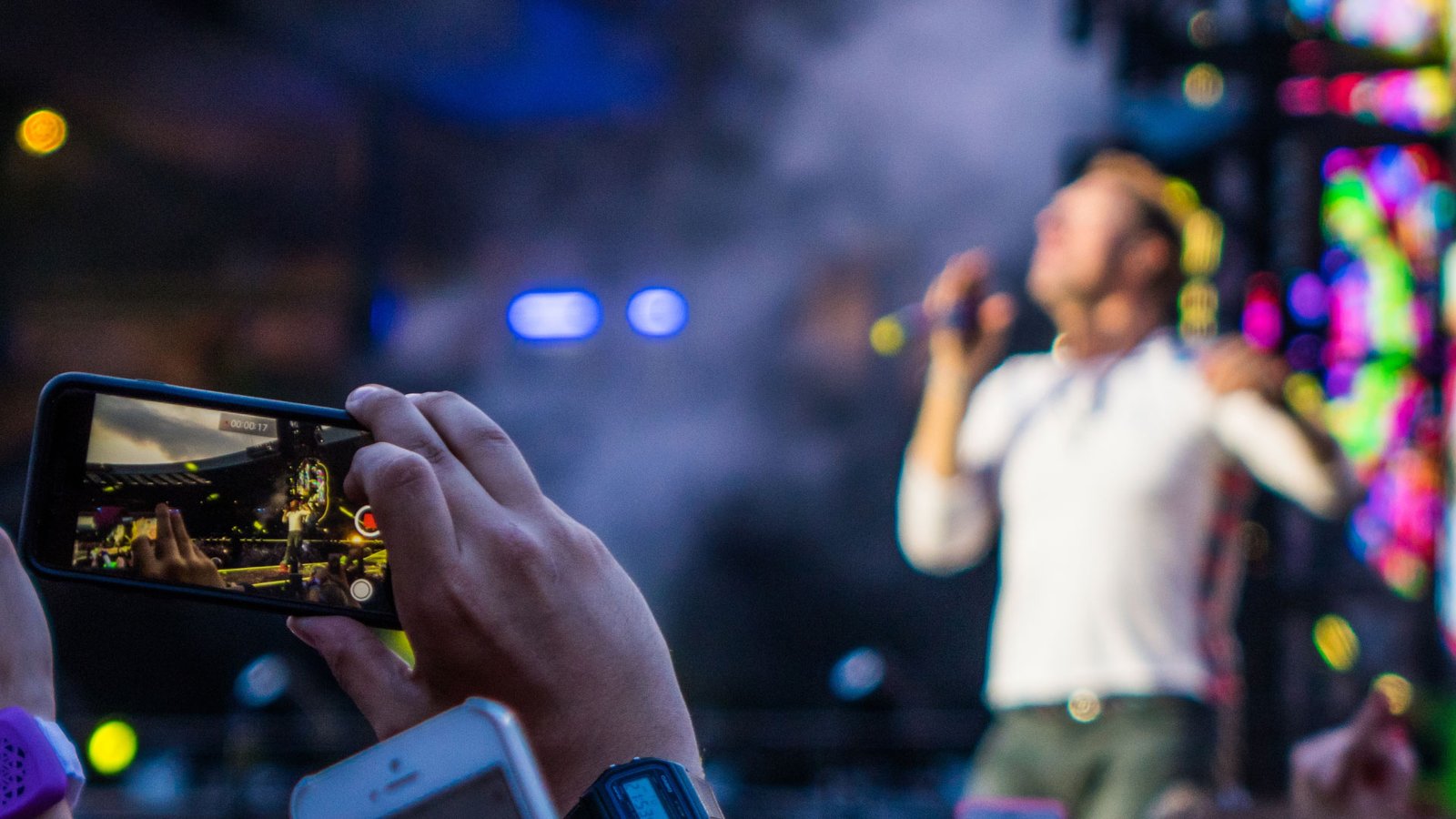The Power of Music in the Age of Social Media
In today’s digital age, social media has become an integral part of our lives. It has not only revolutionized the way we connect and communicate with others but has also transformed the music industry. With the advent of platforms like YouTube, Instagram, and TikTok, musicians now have a new and powerful way to reach their audience.
The Rise of Viral Hits
One of the most fascinating phenomena in the world of music and social media is the rise of viral hits. These are songs that seemingly come out of nowhere and quickly become a global sensation, thanks to the power of social sharing. One such example is the song “Gangnam Style” by South Korean artist Psy, which became the first YouTube video to reach one billion views.
The viral nature of these hits can be attributed to the ability of social media users to easily share and spread content. When a catchy song or a memorable dance routine captures the attention of users, they are quick to share it with their friends and followers, creating a ripple effect that can lead to millions of views and streams.
The Role of Social Media Influencers
Another factor that contributes to the success of viral hits is the involvement of social media influencers. These individuals have a large following and can greatly influence the popularity of a song or artist. When an influencer shares a music video or recommends a song, their followers are more likely to check it out and share it with their own networks.
Artists and record labels have recognized the power of social media influencers and often collaborate with them to promote their music. By partnering with popular influencers, they can tap into their fan base and gain exposure to a wider audience. This strategy has proven to be highly effective in generating buzz and increasing the chances of a song going viral.
The Impact of Online Challenges
In recent years, online challenges have become a popular way to promote songs and engage with fans. These challenges involve users creating their own videos, often incorporating a specific dance routine or a catchy hook from the song. The success of these challenges relies on the participation and creativity of users, who are encouraged to share their videos on social media using a specific hashtag.
One notable example is the “In My Feelings Challenge” inspired by Drake’s song. The challenge involved people dancing alongside a moving car and quickly gained traction on social media, with millions of users posting their own videos. This not only helped boost the popularity of the song but also created a sense of community among fans who participated in the challenge.
The Future of Music and Social Media
As social media continues to evolve, so does its impact on the music industry. Artists and record labels are constantly adapting to the changing landscape, finding new ways to engage with their audience and promote their music. The rise of platforms like TikTok has opened up even more opportunities for musicians to create viral hits and connect with fans.
However, it’s important to note that the success of a song on social media does not always translate to long-term success in the music industry. While viral hits can generate a significant amount of attention and streams, sustaining a career requires consistent quality and a loyal fan base.
Conclusion
The combination of music and social media has created a powerful synergy that has forever changed the way we discover and consume music. Viral hits, social media influencers, and online challenges have become integral parts of the music industry, allowing artists to reach a global audience in ways that were previously unimaginable. As technology continues to advance, we can only expect this relationship to grow stronger, shaping the future of music and social media.



































